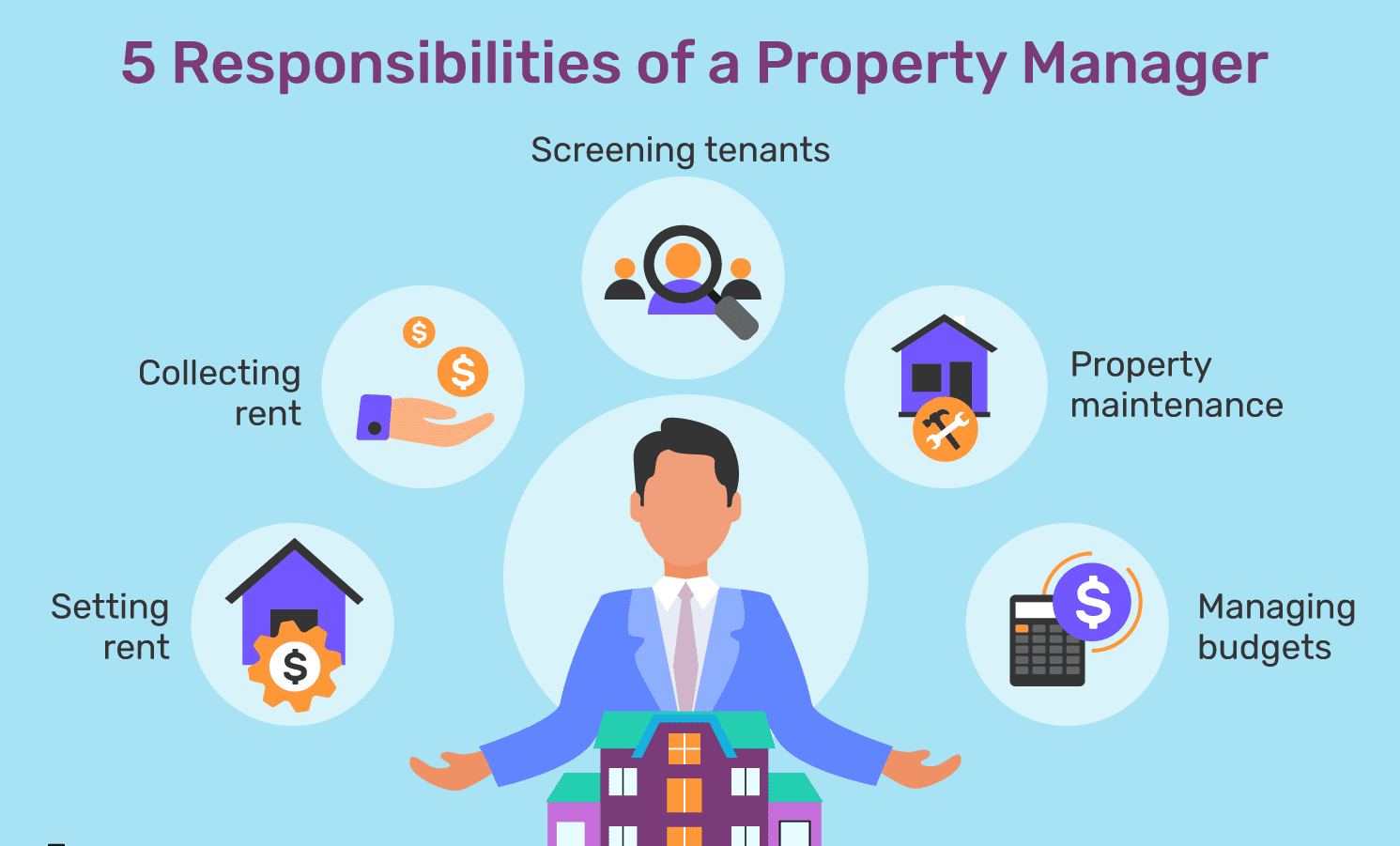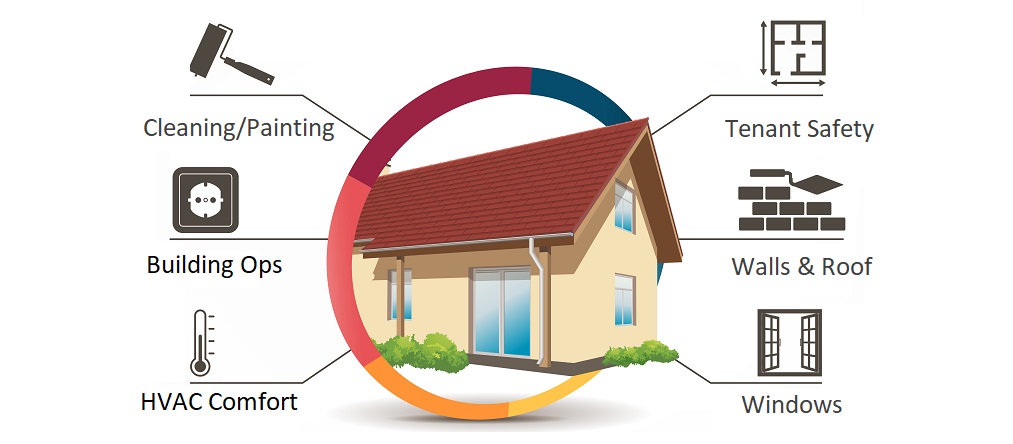Embarking on the journey of becoming a landlord can be both exhilarating and daunting. As a new landlord, you’re not just investing in a property; you’re investing in your future. However, this venture requires more than just purchasing a property and waiting for the rent checks to roll in. Effective property management is crucial to your success, and here we explore key strategies and tips to help you navigate this new terrain confidently.
Understand Your Responsibilities
First and foremost, familiarise yourself with the responsibilities that come with being a landlord. This includes regular maintenance of the property, ensuring tenant safety, and abiding by all local housing regulations and laws. Staying informed and compliant not only protects you but also creates a safe and welcoming environment for your tenants.

Choose Tenants Wisely
Your property’s success largely depends on the quality of tenants you have – conduct thorough background checks, including credit, employment, and rental history. While it’s essential to fill vacancies, rushing this process can lead to problems down the line. Choose tenants who are likely to pay on time and take care of your property.
Establish Clear Communication
Clear and consistent communication with your tenants can prevent misunderstandings and conflicts. Make sure your tenants have a straightforward way to contact you for any concerns or emergencies. Also, keep them informed about any upcoming maintenance or inspections.
Regular Maintenance and Inspections
Proactive maintenance is key. Regularly inspecting and maintaining the property not only prevents small issues from becoming costly problems, but also shows your tenants that you care about their living conditions. This can lead to longer tenant retention and lower vacancy rates.

Set Competitive Rental Rates
Research the local rental market to ensure your rates are competitive. Setting the rent too high can lead to longer vacancy periods, while setting it too low can affect your profitability. Be mindful of market trends and adjust your rates accordingly.
Understand the Financial Aspect
Effective property management involves understanding the financial side of things, such as budgeting for maintenance, property taxes, and unexpected repairs. Keep accurate records of all income and expenses related to your property. This not only helps with tax preparation but also provides you with insights into your property’s financial performance.
One critical aspect that is often overlooked by new landlords is the importance of having adequate insurance. Landlord insurance can provide protection against a range of potential issues, such as property damage, liability claims, and loss of rental income. It’s a safeguard that can give you peace of mind and financial protection.

Utilise Technology
Leverage technology to streamline your property management. There are various software and apps available that can assist with everything from tenant screening to rent collection and maintenance requests. Embracing these tools can save you time and money in the long run.
Network and Educate Yourself
Join local real estate or landlord associations, attend seminars, and connect with other landlords. Networking and continuing your education in property management can provide valuable insights and tips from those with more experience.
Legal Counsel
Lastly, consider consulting with a legal professional who specialises in real estate. They can help you understand your legal obligations and assist in drafting lease agreements that protect your interests.

In conclusion, effective property management is a multifaceted endeavour that requires diligence, planning, and a willingness to learn and adapt. By implementing these strategies and tips, you’re setting yourself up for a successful and rewarding experience as a landlord. Remember, property management is not just about managing real estate; it’s about managing relationships and investments for a better future.

